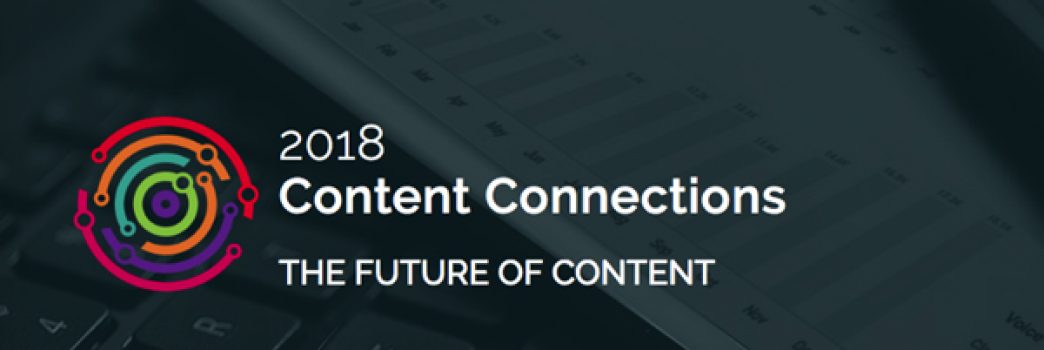Last week, Denny and I attended the Acrolinx Content Connections conference in Los Gatos.
It was a great conference. While Google I/O and Microsoft Build garnered larger audiences, bigger crowds, and more media coverage, Content Connections 2018 was the place to be for anyone involved in technical communications.
While still under the radar, this conference and the company and ecosystem it serves are just about to break out of obscurity and enter the mainstream.
Over just a few days, the jam-packed agenda featured a number of big-name companies and ambitious efforts to deploy sophisticated AI-based systems in support of large-scale technical communications efforts. Over time, more and more companies are going to struggle with large-scale technical communications, and the Acrolinx platform and ecosystem will be providing ways to cope.
The three big takeaways from the event were:
- This is happening NOW, not someday.
- AI empowers large organizations to produce higher quality content at scale.
- If you’re not using AI in technical communications now, you’re behind.
We’ll tackle each of these in order.
This is Happening NOW, Not Someday
Big companies dominated the agenda. Presentations about systems in use included leaders (in order) from SiriusDecisions, WorkDay, VMware, Oracle, IBM, and SAP.
The Acrolinx platform used by these companies represents the life work of Andrew Bredenkamp, founder and CEO of Acrolinx. He’s been working on the Acrolinx platform for decades, and holds degrees in languages and linguistics, and a PhD in Computational Linguistics.
Now, after decades of work, his vision of how companies can effectively deal with large-scale content problems with AI is taking root with companies facing these challenges.
And it’s working.
AI Empowers Large Organizations to Produce Higher Quality Content at Scale
Each of these companies is wrestling with massively-large content problems.
For example, the IBM presenter, James Mathewson, mentioned that IBM has reduced the number of URLs it manages by 90%, but still manages thousands of URLs. Think about that: Thousands of URLs.
But they’re not alone. Company after company presented their use of the Acrolinx platform to measure, manage, and improve content effectiveness. AI doesn’t replace human writers and editors. It leverages their expertise across vast content repositories that would otherwise be impractical to manage any other way. Further, smart analytics are providing content leaders with new metrics and associated insights, and helping to focus content resources on the highest value projects.
While only a few companies have tackled content problems at such scale, over time these challenges will become more and more common, and more and more necessary for midsize companies to be able to compete with the giants.
If You’re Not Using AI in Technical Communication Now, You’re Behind
Early adopters are successfully raising the bar of user expectations. Better content at scale is becoming a competitive weapon in the marketplace. While systems to improve content at scale now exist, they do take time to build and deploy. Each use case is different, so every company will need a unique solution tuned to its offerings, target customers, and value propositions.
Here at Expert Support, we’re paying close attention to these trends. We’ve been tracking Acrolinx for years. We like their approach, their leadership, and, yes, their conference. In the weeks and months ahead, we expect to have more to say about Acrolinx, and other important technologies that enable breakthrough technical communications excellence.
And of course, if you’re facing similar problems, we’d love to hear from you. We’d love to learn more about your situation, and explore how our unique team at Expert Support might support your efforts.
And I invite you to sign up for our email list so we can let you know about important posts and updates.
